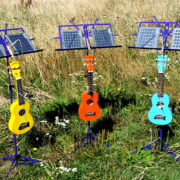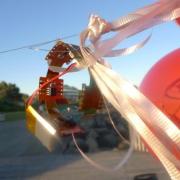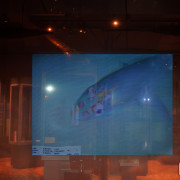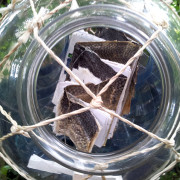SCANZ2015:water*peace
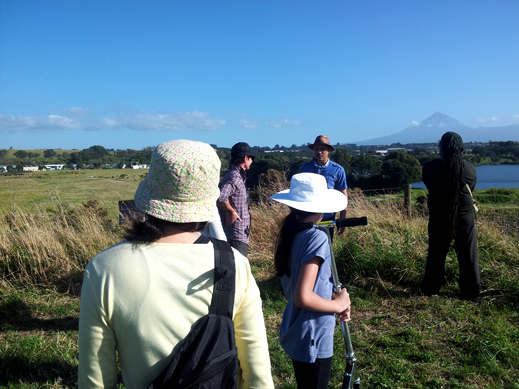
Artists, tangata whenua and locals in the environment of Taranaki, with the Waiwhakaiho River and Taranaki Maunga (mountain) in the background. This photo is from the recent Intercreate event “Ko Tatou te Tangata.”
What
Water is essential to survival, revered and respected worldwide for its power, creative and curative abilities.
Wai, water or flow is central to the worldviews of many indigenous cultures of Earth, and is of special significance to tangata whenua (the people of the land) of Aotearoa New Zealand.
The scientific study of water and the onset of turbulence was central to the development of Chaos Theory.
Today water monitoring in the environment has become important to sustainable approaches to water management.
Water as a resource has become intensely politicised and monetised, in contrast to the view that access to fresh water is a fundamental human right.
Peace is also essential to the sustainability of humans on Earth.
SCANZ2015:water*peace brings together people from diverse backgrounds,connecting everyone in a positive expression of our relationship with water and the power of peace.
Where
Water*peace begins on the with noho marae (overnight stay) at Parihaka in Taranaki, Aotearoa New Zealand. The 18th and 19th of each month are special days of the celebration of Te Whiti and Tohu, prophets of peace in colonial times. They were leaders during an infamous episode of New Zealand’s history, and Parihaka is today world renowned for the stance on peaceful protest in the face armed constabulary.
On the afternoon of the 19th, SCANZ participants will return to Nga Motu New Plymouth where they will stay and work on the campus of the Western Institute of Technology at Taranaki. Over a two week period they will collaborate, work with visit and be visited by locals, conduct workshops and create works and projects to be exhibited on the banks of the Huatoki River walkway.
There will be a public activity day, viewing of the installations and night time projections in Huatoki Plaza. A walking symposium on the final day will follow the path of the works along the Huatoki up to Pukekura Park.
When
Saturday January 17th – participants arrive in Nga Motu New Plymouth. There is a welcoming on to the WITT campus.
Sunday January 18th – travel to Parihaka (depart 8am). Overnight stay at Parihaka. Group discussion in the evening with residents of Parihaka.
Monday January 19th – mid to late afternoon return to New Plymouth.
Tuesday January 20th – morning – first presentation by invited guests (likely to be a tangata whenua group).
Wednesday January 21st – morning – second presentation ( local electronics specialist Andrew Hornblow).
Thursday January 22nd – morning – third local presentation (environmental group).
Friday January 23rd – morning – fourth local presentation (likely to be a raranga/weaving session, may involve travel).
Saturday January 24th – day is open to explore Taranaki, do project work, take part in spontaneous collaboration or take a beach, coastal or mountain walk.
Sunday January 25th – day is open to explore Taranaki, do project work, take part in spontaneous collaboration or take a beach, coastal or mountain walk.
Monday January 26th to Friday January 30th – working on projects / collaboration / testing / installation / preparation for weekend presentation.
Saturday January 31st – Day of installation of projects along Huatoki walkway and or Pukekura Park. This is also the public activity day in Huatoki Plaza. All applicable projects presented in the Plaza. Night time projections either in Huatoki Plaza or Pukekura Park.
Sunday February 1st – commence hui / walking symposium at 9am along the Huatoki walkway. Poroporoaki / reflections on the residency in the late afternoon.
Monday February 2nd – participants depart accommodation for outward bound travel.
Please note the above schedule may change and is subject to confirmation by appropriate organisations and individuals.



